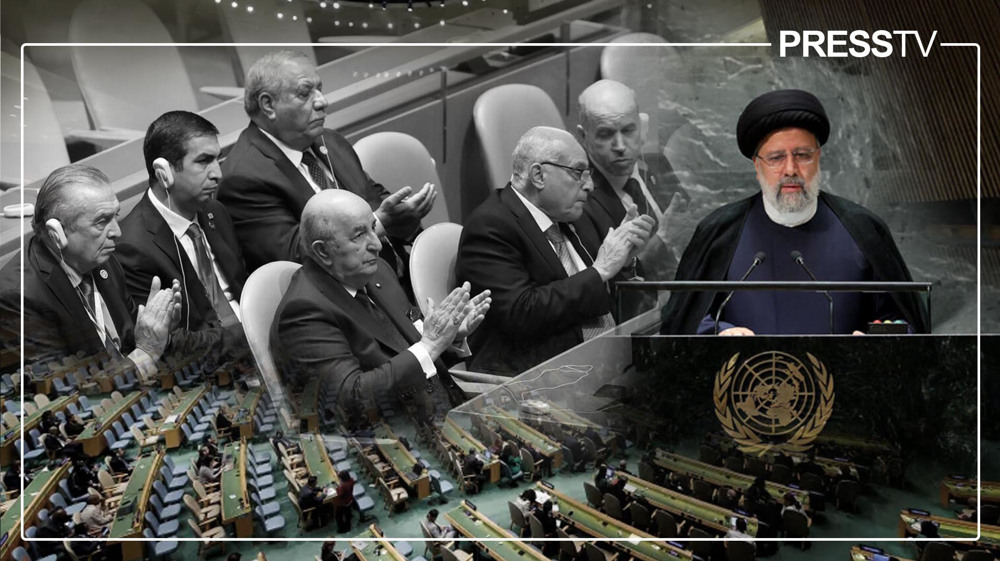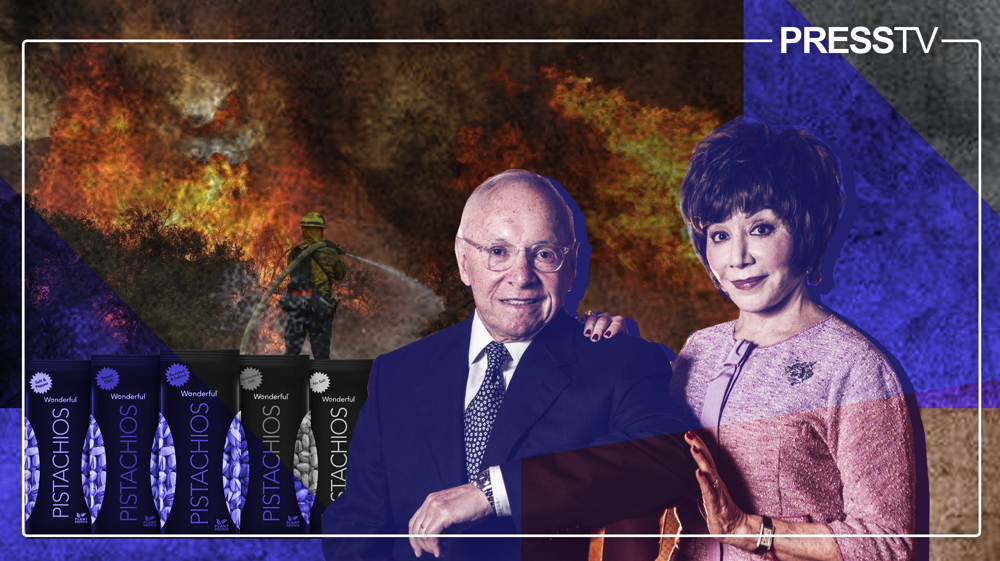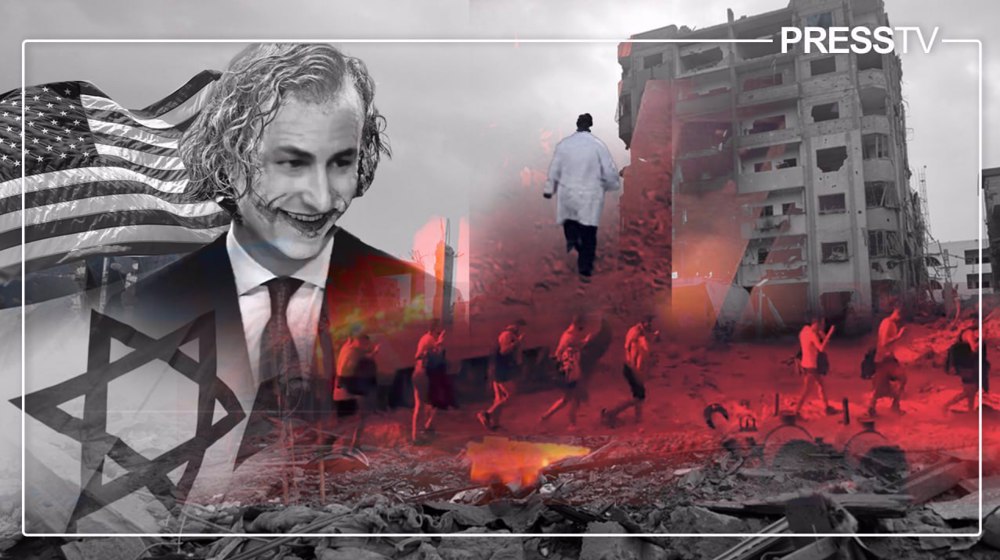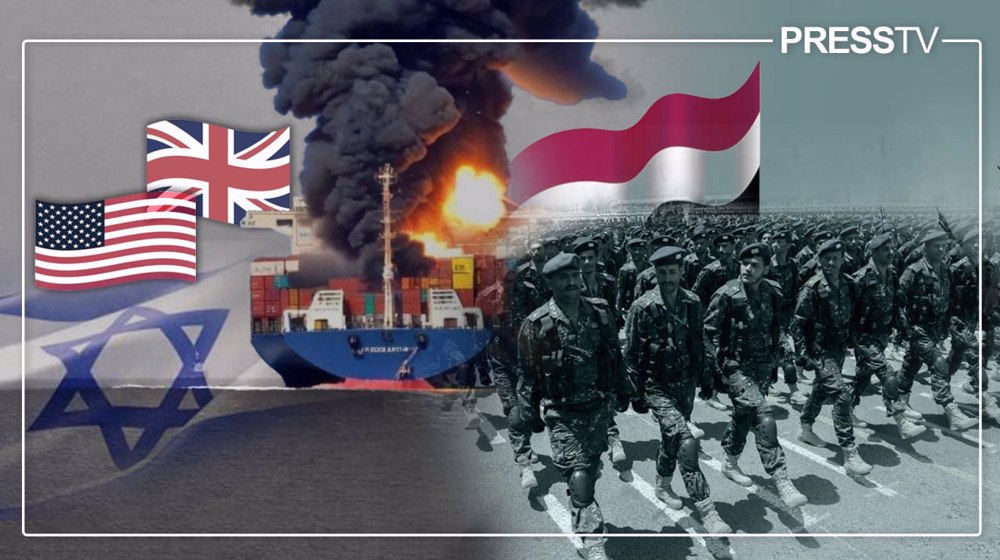Analyzing President Raeisi’s UNGA speech from Islamic and political perspective
By Xavier Villar
The power-packed address of the President of the Islamic Republic of Iran Ebrahim Raeisi to the 78th session of the United Nations General Assembly on Tuesday has grabbed headlines worldwide.
The crux of the address by President Raeisi was characterized by the notion that the Western order of domination and hegemony, represented by the United States, has been a failed project.
“The world is transitioning to a new international order, and the project of Westernization has failed,” the Iranian president declared, much to the consternation of Westerners in the audience.
These words of President Raeisi regarding the failure of the Western political project should be analyzed from a discursive perspective that takes into account that the West functions as a discourse composed of multiple signifiers.
The failure of the Western project, from this discursive viewpoint, implies that the West has ceased to be politically relevant in determining which signifiers are acceptable and which are not.
In other words, both the overarching discourse and its fundamental components are no longer respected or considered essential by the wider world.
However, this discursive failure should not be confused with the absolute collapse of the West or its material inability to continue causing harm to entities they deem as threats.
As emphasized by the Iranian president, what has happened is the discursive delegitimization of the West, which makes it impossible for Western signifiers to be accepted as universal.
The intervention of President Raeisi before the plenary of the UN General Assembly has another interpretation, one that often goes unnoticed in most analyses.
From an Islamic perspective, the criticism of the Western political project is accompanied by an alternative model represented in this case by the Islamic Republic itself.
This implies that, to the extent that there are different language games through which the pursuit of a just and participatory political system can be articulated, it is evidence of the irreducible heterogeneity of the world.
This is also what those who exclusively speak in Western terms find particularly bewildering.
Unlike analyses that view Islam as a totalitarian and/or fundamentalist project, as Bassam Tibi does, Islam, precisely because it has opened the political door to heterogeneity, can be seen as a discourse that does not seek to replace Western homogenization with an "Islamic" homogenization.
The speech of the Iranian president should be interpreted in the context of this political openness to heterogeneity and the replacement of hierarchical and vertical relationships with horizontal and non-hierarchical ones.
This Islamic perspective was reflected in President Raeisi's words when he spoke about the Quranic message of combating oppression and division, with the latter understood from an ontological point of view.
As President Raeisi asserted, "The Quran speaks of the unity of humanity and that all inhabitants of the Earth are like brothers and sisters, originating from the same parents."
Therefore, it can be affirmed that for the Iranian president and the Islamic Republic, the Quran is a sacred and political text that continues to inspire Muslims in their struggles against oppression.
President Raeisi specifically slammed the wave of Islamophobia in the West, which he understood as a global system of governance and defined as a form of racism directed against public expressions of Muslim identity or any public expression perceived as such.
The Iranian president focused on the recent desecration of the Holy Quran and the ban on wearing the hijab in French schools as examples of what he described as "anti-Muslim attitudes."
Another topic that the Iranian president addressed in his powerful speech was an analysis of the political situation in the country following the West-backed riots last year.
President Raeisi emphasized that last year represented “a triumph for Iran” and a defeat for those who wanted to fuel unrest and disorder in the country.
He underscored that "since the success of the Islamic Revolution, the enemies of the Iranian nation have imposed various forms of conflict, sanctions, and maximum pressure on our people. It has been 45 years since these policies have proven to be a failure."
Continuing with matters of diplomatic relevance, Iran’s president also referred to the nuclear agreement issue and reiterated that it was the United States that unilaterally withdrew from the nuclear agreement, which, according to him, demonstrates their lack of commitment to diplomacy.
Regarding the issue of nuclear weapons, President Raeisi pointed out that "they have no place in the defense doctrine of the Islamic Republic of Iran”, as he and other senior Iranian political and military officials have repeatedly emphasized.
Furthermore, he emphasized that the country "will not relinquish the benefits of nuclear energy for civilian purposes," thus highlighting the political autonomy of the Islamic Republic.
Therefore, it can be said that President Raeisi's speech to the UN General Assembly, from a political perspective, continued the Islamic tradition of presenting an alternative to Eurocentrism in all its diverse and complex manifestations, to build a better and more habitable future.
Also, in line with the Islamic tradition initiated by the Islamic Revolution, the discourse was articulated in a conceptual vocabulary away from the Western political grammar.
Xavier Villar is a Ph.D. in Islamic Studies and researcher who divides his time between Spain and Iran.
(The views expressed in this article do not necessarily reflect those of Press TV)
Israel has slaughtered 13000 students in Gaza, West Bank
VIDEO | More Zionist than Zionists: Biden’s legacy to be defined by Gaza genocide
Hamas confirms handing approval of Gaza ceasefire deal to mediators
VIDEO | Iran: Show of strength
UNRWA will ‘stay, deliver’ aid to Palestinians despite Israel’s ban: Lazzarini
Explainer: What makes Iran's Rezvan and Raad loitering munitions prized assets?
VIDEO | Unseen agony: Missing loved ones of genocide in Gaza
Iran cuts gold import tariff to zero










 This makes it easy to access the Press TV website
This makes it easy to access the Press TV website